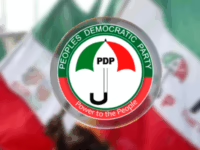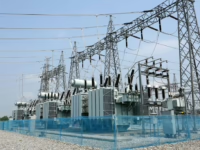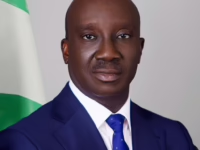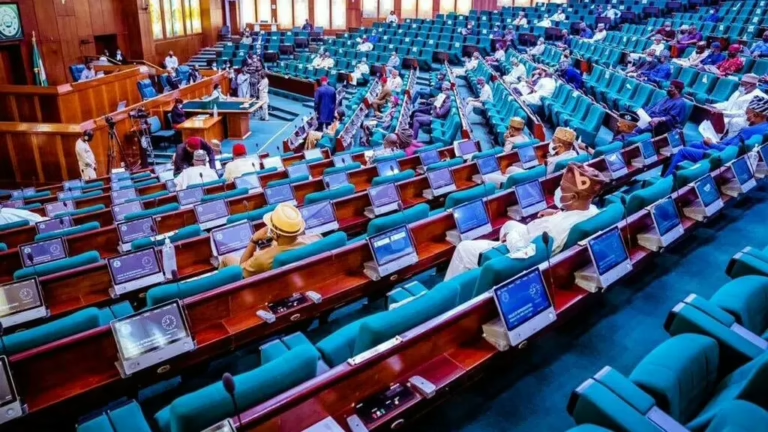The House of Representatives has decided to launch an inquiry into the rising issues surrounding arbitrary and frequent fees imposed by commercial banks across the nation.
In response, the House called on the Central Bank of Nigeria (CBN) to release a clear, detailed, and user-friendly list of authorized bank charges, alongside enforcing strict penalties on banks that breach these regulations.
Additionally, the House recommended that the CBN develop a straightforward and effective complaint resolution system to assist customers who have been subjected to unlawful or excessive fees.
This initiative followed the approval of a motion of urgent national significance presented by Hon. Muktar Tolani Shagaya (APC, Kwara).
During the motion’s presentation, the legislator highlighted the increasing grievances from Nigerian bank clients regarding persistent, arbitrary, and unexplained deductions from their accounts by commercial banks operating within the country.
He emphasized that while banks are expected to offer financial services at reasonable costs, many customers have encountered numerous charges such as SMS notification fees, card maintenance costs, account service fees, interbank transfer charges, stamp duties, and other unexplained debits-some of which appear duplicated or lack proper justification.
Shagaya pointed out that these fees continue despite the CBN’s existing guidelines aimed at regulating bank tariffs, which many banks blatantly disregard.
He voiced concern that “these exploitative charges disproportionately impact small businesses, low-income earners, students, and other vulnerable groups who already face financial challenges amid the country’s difficult economic conditions.”
“If left unchecked, this practice will further diminish public confidence in the banking sector, exacerbate financial exclusion, and hinder the CBN’s goals for financial inclusion,” he warned.
Following the motion’s adoption, the House directed its Standing Committee on Banking Regulations and Institutions to promptly summon representatives from the CBN and leading commercial banks in Nigeria to address the issue.





















